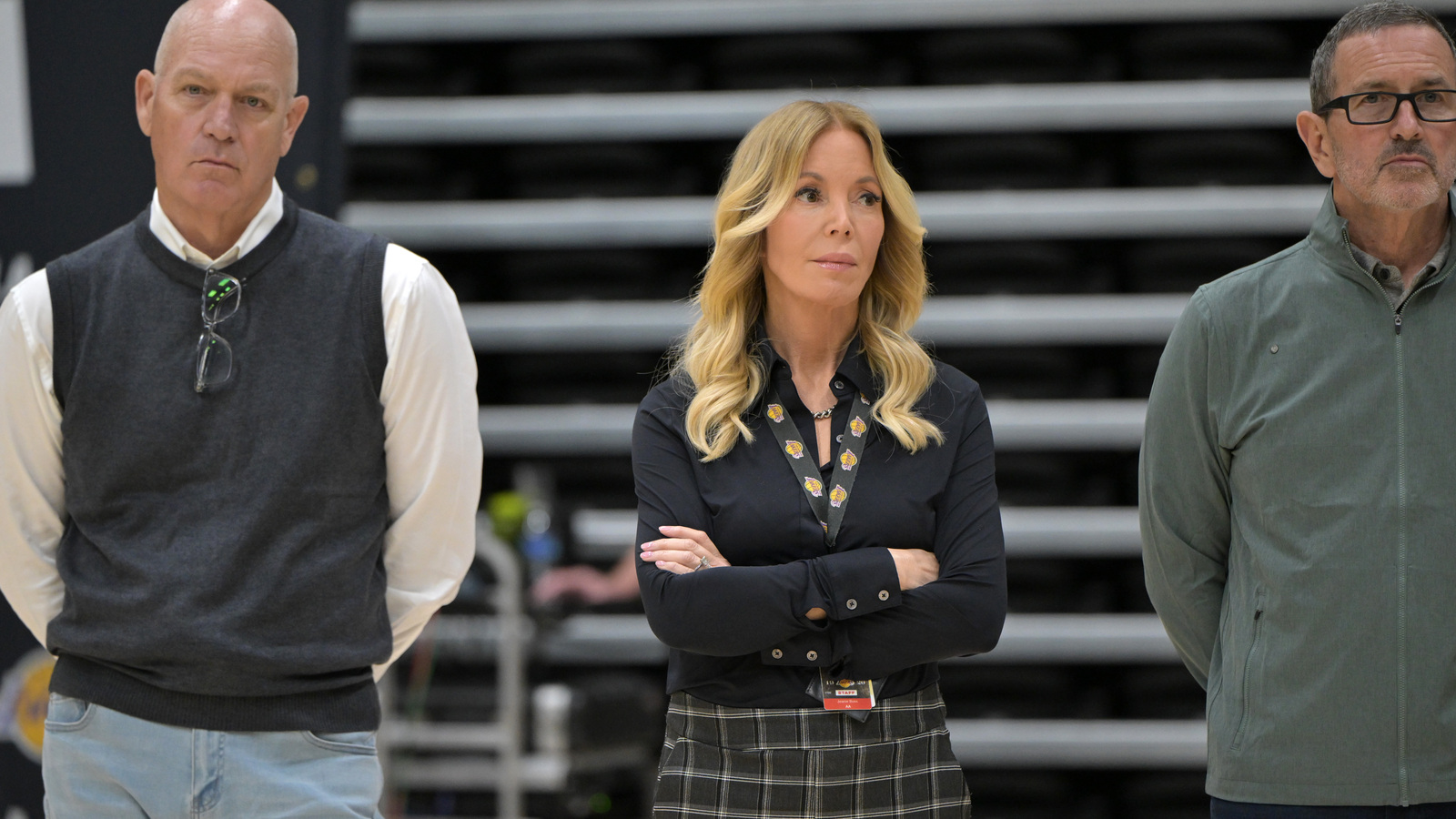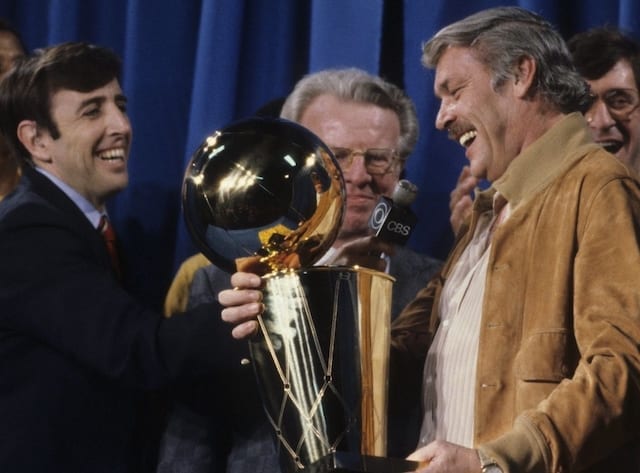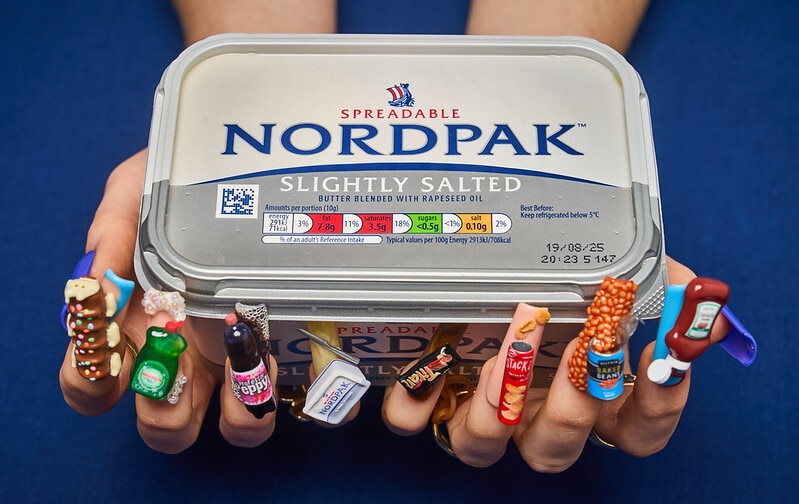Ossie Davis and Ruby Dee | Features | Roger Ebert
They even dabbled in the horror genre, with both appearing in the television miniseries adaptation of Stephen King’s novel, “The Stand.” Separately, Dee’s voodoo lady was the best thing in Paul Schrader’s 1982 remake of “Cat People” while Davis shined as John F. Kennedy opposite Bruce Campbell’s Elvis Presley in the awesome “Bubba Ho Tep.” (Don’t ask!)
Comedies and spooky movies aside, Dee could be as raw as Rowlands—just witness her small but memorable role as Poitier’s wife in Martin Ritt’s 1957 film, “Edge of the City.” She played a powerful scene of rage in that film, shocking simply because it was rare to see a Black woman allowed to so fully inhabit that level of pain and loss. Dee’s character lashes out at, of all people, John Cassavetes, who played Poitier’s friend and co-worker.
That same level of intensity led to Dee’s sole Oscar nomination for 2007’s “American Gangster.” After playing Sidney Poitier’s wife four times, Dee was now playing the mother of Poitier’s heir apparent, Denzel Washington. Her big scene, where she dresses down her brutal gangster son, struck a chord in anyone who had a Black Mama who’d had enough of your mess. I’ve always thought that if she’d had one more scene, that Oscar would have been hers. (She did receive the Screen Actors Guild’s best supporting actress award, however.)
Davis was no slouch either, a triple threat as an actor, writer and director. Sam Goldwyn Jr. hired Davis to direct the 1970 comedy classic, “Cotton Comes to Harlem” after Gordon Parks became the first Black director to helm a studio movie. Coincidentally, it was Cassavetes who set up the initial appointment between Parks and Warner Bros., suggesting that Parks was the best person to adapt Parks’ memoir, “The Learning Tree” in 1968.
For “Cotton,” not only did director Davis adapt Chester Himes’ novel with Arnold Perl, he also wrote the lyrics to the opening credits song sung by Melba Moore, “Ain’t Now (Black Enough).” It was Dee who convinced her husband that he’d make a fine director of this material, because he knew Harlem like the back of his hand. She was right: The film was a hit and is widely considered the first official Blaxploitation movie.
In my book, “Black Caesars and Foxy Cleopatras: A History of Blaxploitation Cinema,” I make an argument that, while “Cotton” may be the “official” beginning of the Blaxploitation movie era, the blueprint for many of the movies that followed could be traced back to 1968’s “Up Tight,” a Black take on John Ford’s “The Informer” that was co-written by Ruby Dee. Even apart, “OssieDavisandRubyDee” managed to change the world together!
Spike Lee’s love and undying respect for the duo is evident in the two films he cast them in together, “Do the Right Thing” and “Jungle Fever.” In the latter, they’re the married parents of Wesley Snipes and Samuel L. Jackson; Dee’s even-tempered while Davis is a hothead who eventually guns down his son in one of Lee’s most powerful sequences.
In the former, she’s grumpy old Mother Sister, the neighborhood watchdog who hates, hates, HATES Davis’ nice but perpetually drunk ass neighborhood wino, Da Mayor. It’s delightful watching these two play off each other, pretending to be at odds while simultaneously fighting like an old married couple. At one point, Da Mayor tries to woo Mother Sister as she sits in her lookout window by offering her some flowers. The scornful way Dee looks at those plants was enough to make their petals fall off!
“Do the Right Thing” and “Purlie Victorious” are the two masterpieces I always think of first when I conjure up Ossie and Ruby, but there’s one other thing they did together that no one I’ve talked to remembers. I swear on a stack of Bibles that the two of them once hosted a show where they introduced Black movies on late night television. I distinctly remember watching them on weekends when I could not sleep.
If you remember this show, please save my sanity by telling me I didn’t make this up! Until then, let’s celebrate that Ruby Dee never came up with that three grand to “earn” her freedom. As a result, the collaborations of “OssieDavisandRubyDee” remain priceless.









:max_bytes(150000):strip_icc()/Parents-TheFamilyWatch620-fdac379503984c6a90a135f8a21b5b38.jpg)
